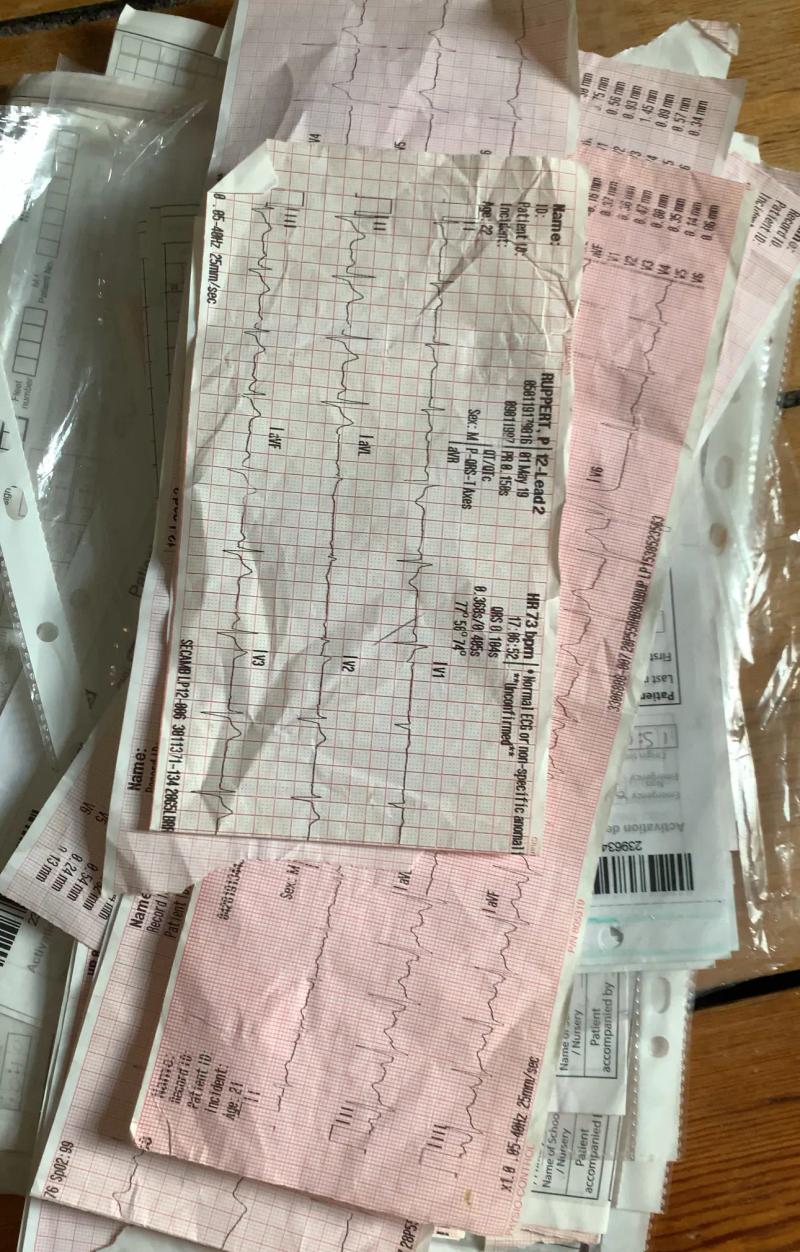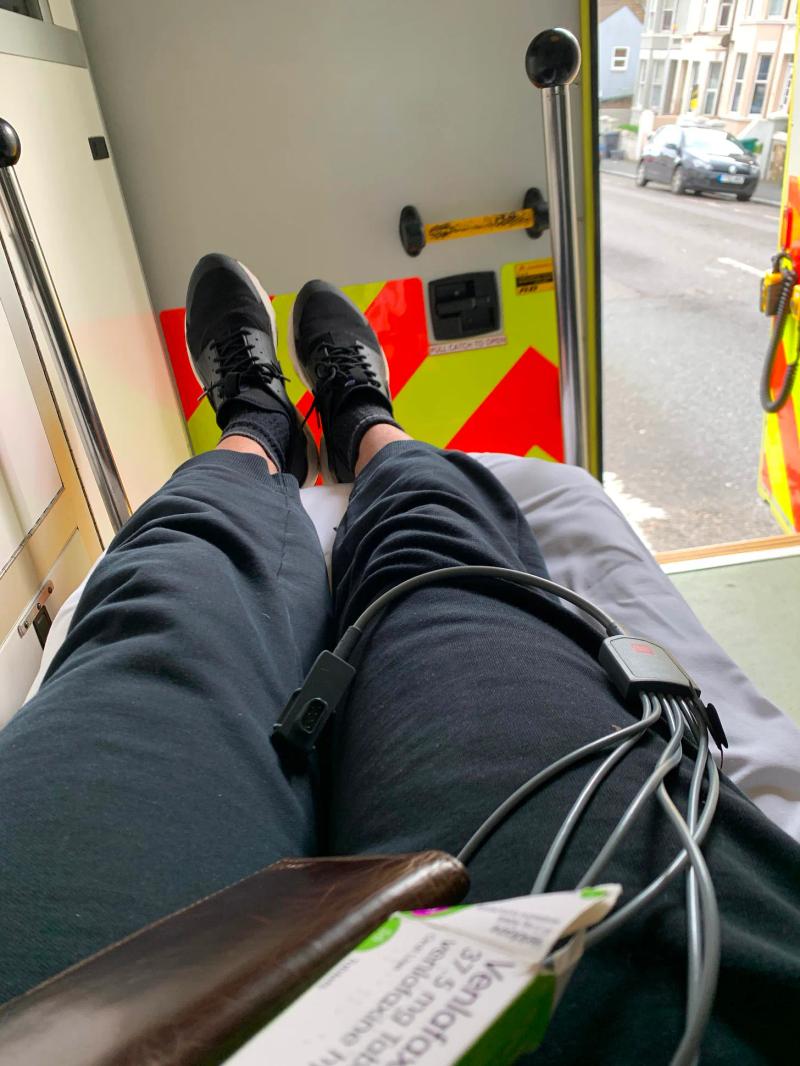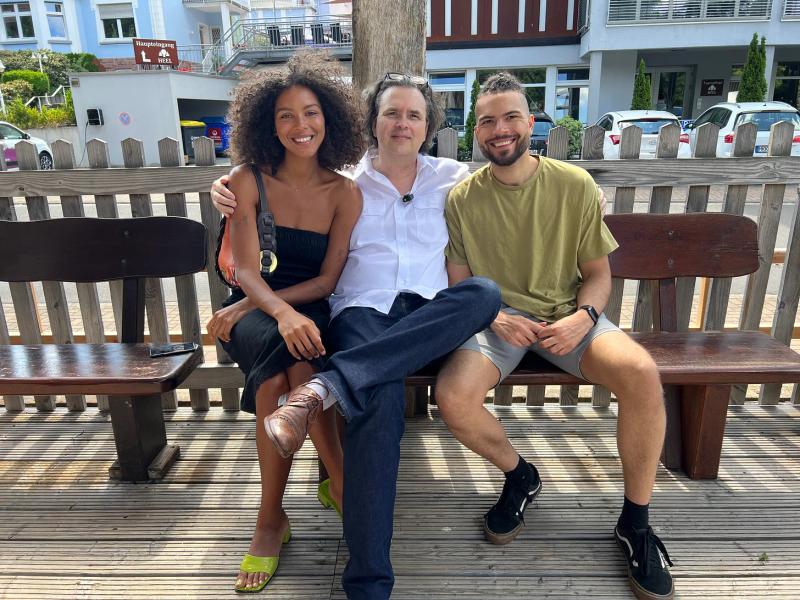How do you know if it's 'just anxiety' or a serious health condition?
Nov 6, 2024
Have you ever felt a sudden pain, maybe experienced DPDR or dizziness and wondered, “Is this just anxiety, or is something physically wrong?” possibly even panicking due to the uncertainty? It’s an experience I know all too well. I’ve spent years in the cycle of health anxiety, from feeling terrified by heart palpitations to being convinced I was facing a life-threatening issue. Today, I want to share some insights that have helped me come to terms with my anxiety and shift my perspective.
First, a Quick Disclaimer
Before we go further, I want to make it clear: I’m not a doctor or therapist, just someone who’s learned through experience. If you feel something’s wrong, please consult a medical professional. What I share here is for those of us who have already been checked out—maybe 10, 50, even 100 times—and still struggle with health anxiety.
The Reality of Health Anxiety
One of the hardest truths to accept is that you can’t always tell if a symptom is “just anxiety.” Anxiety can mimic almost any physical condition, making it feel incredibly real and urgent. I’ve experienced everything from dizziness and vision disturbances to heart palpitations. And even if I’d had that exact symptom hundreds of times before, I would still doubt and wonder “What if this time, it’s real?”, every single time.
If you’re familiar with this cycle, you’re not alone. The constant questioning—“What if it’s a sign?”, “What if it’s a brain tumor”, “What if I have an undiagnosed heart condition?”—is utterly exhausting.

My Story: The Turning Point
At the height of my health anxiety, I was a frequent visitor to the emergency room, convinced daily that I was on the brink of a crisis, most of the time it was related to my heart, but sometimes it would be my brain, I’d constantly check my pupils to make sure they were the same size, sometimes I would notice a difference that would send me into a life-shattering panic attack. Over time, after countless emergency room visits and doctor’s appointments, I began to have a revelation. I noticed that whenever I saw people with actual health issues—conditions they knew were physical, diagnosed conditions, such as a heart issue—weren’t panicking. They were often calm, knowing how to manage their situations, while I was frantic over something that, once again, turned out to be anxiety.
People with diagnosed heart conditions were more active than me, happier than me, laughed more than me, and exercised more than me, whilst I spent most of my time in the hospital because of the ‘possibility’ that I might have a serious heart condition, despite the fact that I’d been tested countless times and found nothing. At some point, even if the risk is there, it just makes sense to take it

Two Key Lessons: Acceptance and Focus
Observing others with ‘real’ health conditions (health anxiety is a real health condition, but I am struggling to find a better way to differentiate the two!) was the start of a new perspective. I’ve distilled this experience into two key lessons that I hope can help you, too:
People with real health issues often don’t panic. If you have time to be in full-blown panic mode, chances are, it’s your anxiety, not an emergency. It’s like when we’re scared but can still think about all the “what ifs”—our brain is actually doing what it does best, analyzing, not responding to an urgent crisis.
Real health problems are usually unmistakable. In my experience, when something is truly wrong, there’s no doubt. It’s clear, straightforward, and you know what to do. Anxiety, on the other hand, thrives in ambiguity. You feel like something’s wrong, but it’s the uncertainty that fuels the fear and frustration.
Acceptance: The Real Key to Living with Health Anxiety
This leads me to the most important lesson I’ve learned. It’s not about being able to tell if it’s anxiety or something else. It’s not even about the symptoms. Here’s what really helped me: accepting that I’ll never have all the answers.
For a long time, any strange symptom made me spiral. If I felt heart palpitations, my mind would jump to the worst-case scenario, thinking, “This is it.” Now, if I have a bad day with heart palpitations, I still don’t like it, and yes, I still feel nervous, but I don’t let it consume me. I no longer feel that I’m on the brink. Instead, I focus on the things I can control, rather than the things I can’t My palpitations are now a fact of life, not a sign that something is wrong. What I can control, is making sure I continue to exercise, drink water, eat healthily to give my heart what it needs. Staying in, refusing to exercise in case “something happened” would ironically leader me down a path that would actively make my heart less healthy, in the hopes of avoiding a condition that I did not have.
When I stopped searching for an answer to every symptom, I started to feel a real sense of freedom. I accepted that, yes, a health issue could happen. But if and when it does, I’ll handle it then. That acceptance is liberating because it lets me focus on living my life, instead of living in constant fear.
I’ve been able to go on trips, because I have been able to let go of the need for constant certainty around my health.

The Takeaway: Freedom in Uncertainty
Trying to determine if every symptom is anxiety or something serious isn’t sustainable when you live with health anxiety. You’ll always be questioning, always searching. But if you accept that uncertainty is part of life, it becomes easier to manage.
If you’re someone who struggles with health anxiety, I hope my story offers you a new perspective. You’re not alone. Health anxiety is tough, but it doesn’t have to control your life. Embrace what you can’t control, focus on what you can, and don’t let anxiety hold you back from living fully.
I’ve also made a video on this topic, if you like, you can check it out here:
Let’s keep this conversation going. Share your experiences or thoughts in the comments—I’d love to hear from you and encourage you to support each other.
Thank you for reading, and remember: you’ve got this.